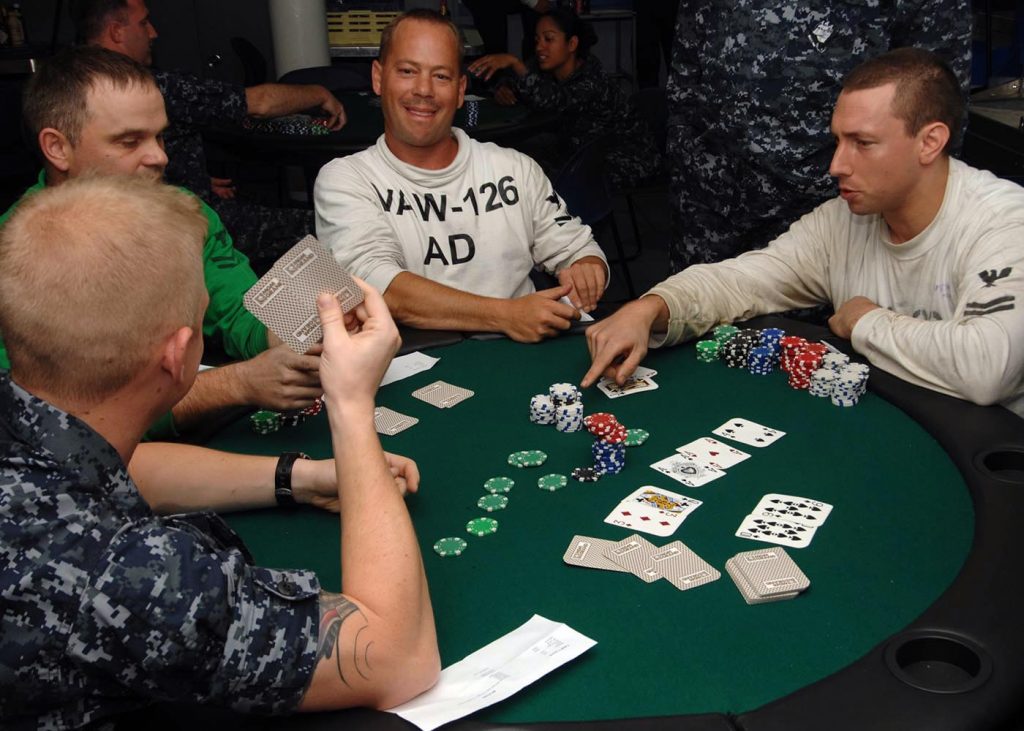Poker is a game that transcends the mere shuffle of cards; it’s a complex interplay of skill, strategy, and psychology that has captivated players for generations. This article delves into the multifaceted world of poker, exploring its strategic depth, the psychology of players, and the elements that make it a compelling battleground of wits.
A Skillful Dance:
At its core, poker is a battle of strategy. Players must make calculated decisions based on their hands, the community cards, and their understanding of opponents’ tendencies. Whether it’s a daring bluff or a well-timed fold, every move is carefully considered to maximize one’s chances of success.
Reading the Table:
One of the most intriguing aspects of poker is the psychological warfare that takes place around the table. Players engage in a constant dance of reading their opponents and masking their own intentions. “Tells,” subtle physical cues, and betting patterns can provide valuable insights into what cards a player may hold. Skilled players must decipher these clues while maintaining a stoic “poker face” to avoid giving nagapoker their own intentions.
Strategies and Styles:
Poker isn’t a one-size-fits-all game. Players develop their unique strategies and adapt their playing style based on factors such as their position at the table, the stage of the game, and the personalities of their opponents. From tight-aggressive players who wait for premium hands to aggressive bluffers who seize every opportunity, the diversity of playing styles adds depth to the game.

The Bluffing Game:
Bluffing is a cornerstone of poker strategy. Successfully convincing opponents that you hold a stronger hand than you do can lead them to fold even when they have better cards. Bluffing requires a deep understanding of opponents’ tendencies and the ability to create a narrative that justifies your actions.
Psychology and Emotion:
Poker is a microcosm of human behavior and emotion. The highs of a successful bluff and the lows of a bad beat can evoke intense emotional responses. Managing these emotions and maintaining focus amid the ebb and flow of a poker game is a crucial skill. Players must master their emotions to make clear-headed decisions.
The Evolution of Poker:
Over the years, poker has evolved from smoky saloons to televised tournaments and online platforms. The game’s increased visibility has transformed it into a respected sport with its own stars and legends. Today, players can learn from the strategies of professionals and access a wealth of resources to improve their game.
Conclusion: A Tapestry of Skill and Psychology:
Poker is more than a card game; it’s a delicate tapestry woven from strategy, psychology, and the pursuit of victory. The dynamics of the game mirror the complexities of human interaction, making poker a timeless pursuit that continues to challenge, intrigue, and captivate players of all walks of life.
